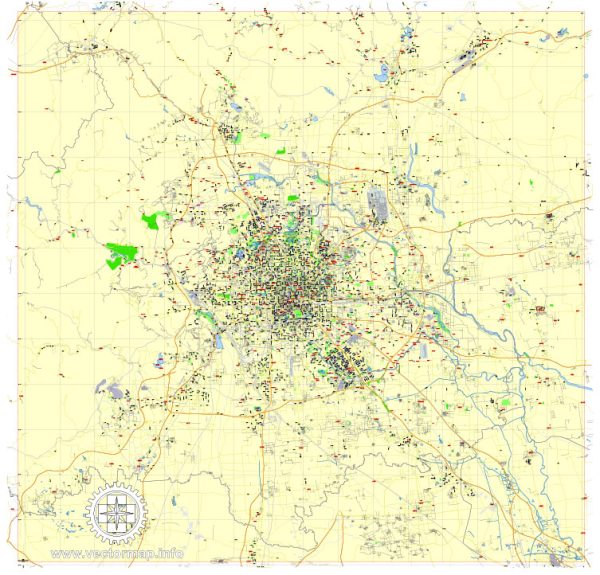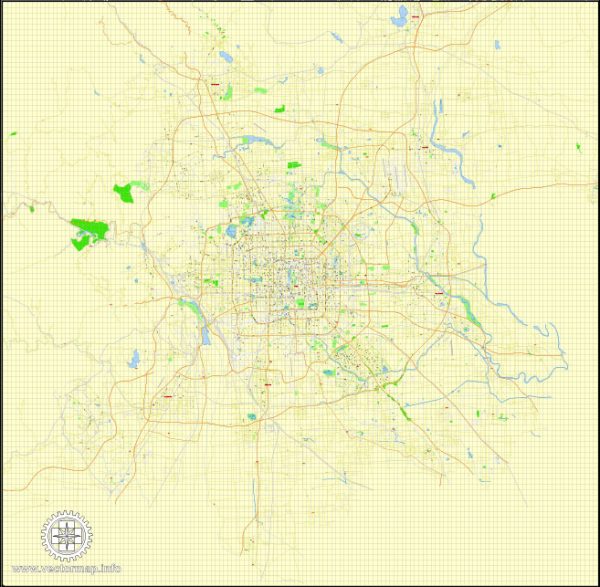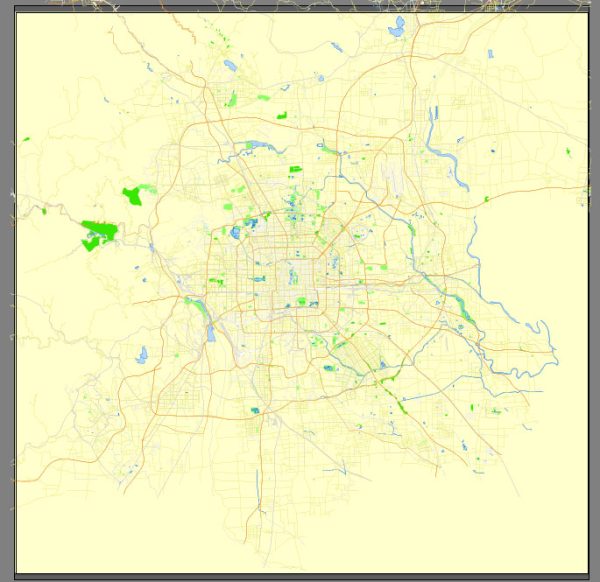The history of Beijing, China, dates back thousands of years. It has a rich and complex history with many significant events and changes over the centuries. Here is a brief overview of the creation and historical development of Beijing:
- Ancient History: Beijing’s history can be traced back to prehistoric times when it was inhabited by various ancient Chinese cultures. The earliest known settlements in the area date to the Western Zhou Dynasty (11th century BC).
- Establishment of Ji City: During the Warring States period (476-221 BC), the State of Yan established a city known as Ji (蓟) in the region, which would later become part of modern Beijing.
- Qin and Han Dynasties: The Qin Dynasty (221-206 BC) and later the Han Dynasty (206 BC – 220 AD) established control over the area. During the Han Dynasty, the city of Ji became a significant military and administrative center.
- Transition to the Sui and Tang Dynasties: In the 7th century, during the Sui and Tang Dynasties, the city underwent further development and was an important outpost along the northern trade routes known as the Silk Road.
- The Liao and Jin Dynasties: During the 10th to 13th centuries, the Khitan Liao Dynasty and later the Jurchen Jin Dynasty ruled over Beijing and the surrounding region.
- The Yuan Dynasty: The most significant event in Beijing’s history was the establishment of the Mongol Yuan Dynasty. In 1267, Kublai Khan, the founder of the Yuan Dynasty, moved the capital of China to Dadu (now Beijing), making it the political and cultural center of the empire.
- The Ming Dynasty: The Ming Dynasty (1368-1644) continued to use Beijing as its capital. It was during this period that the city’s layout was extensively redesigned, leading to the construction of the famous Forbidden City.
- The Qing Dynasty: In 1644, the Manchu Qing Dynasty captured Beijing and established it as their capital, where it remained for nearly three centuries.
- The Republic of China and Modern Era: Following the fall of the Qing Dynasty in 1912, Beijing became the capital of the Republic of China. After the Chinese Civil War, the People’s Republic of China was established in 1949, with Beijing as its capital.
- Contemporary Beijing: Since the founding of the People’s Republic of China, Beijing has undergone significant development and urbanization. It has become a political, economic, and cultural center, and it played a prominent role in the 2008 Summer Olympics.
The creation and growth of Beijing are intertwined with the history of various dynasties, rulers, and significant events in Chinese history. Today, Beijing stands as one of China’s most important cities, known for its historical landmarks, modern developments, and cultural significance.






 Author: Kirill Shrayber, Ph.D. FRGS
Author: Kirill Shrayber, Ph.D. FRGS